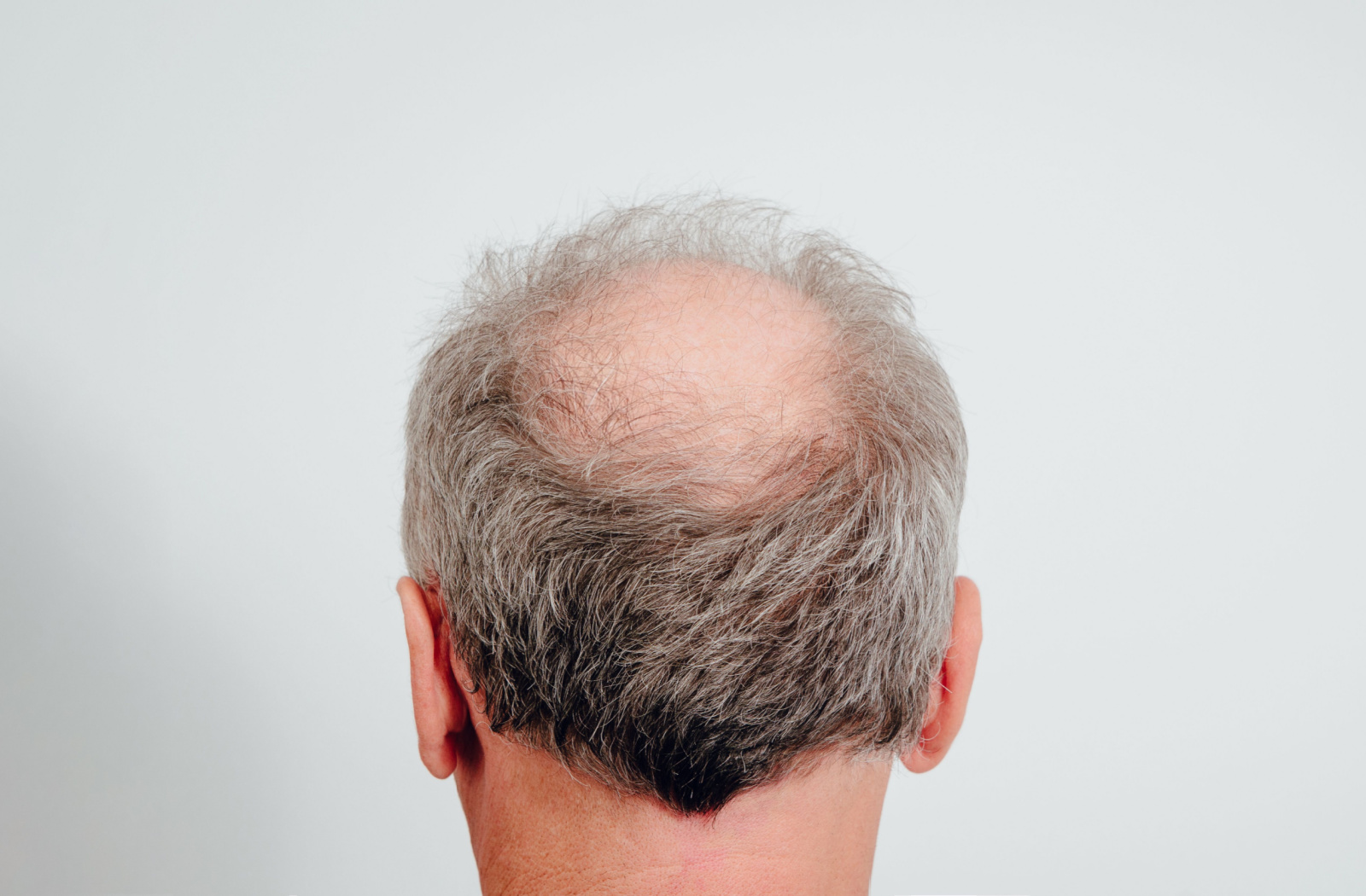Many seniors live active lifestyles in engaged senior living communities that support assisted living. But despite this, it’s natural to experience age-related changes to their health.
For example, as men age, their testosterone levels can decline. Testosterone is important for various bodily functions, including muscle mass and bone density maintenance.
If symptoms of low testosterone affect senior men or their lifestyle, testosterone replacement therapy may be beneficial. Several factors can determine whether treatment is necessary, which seniors can discuss with their healthcare providers.
Understanding Low Testosterone Levels
Around 40% of males 45 and older experience the effects of low testosterone. Testosterone is a hormone primarily produced by the testes in men that helps maintain muscle mass, regulate fat distribution, and support other bodily functions.
As men age, their testosterone production can naturally decline. However, in some cases, this decline can be more pronounced, leading to low testosterone levels. Apart from age, other risk factors for low testosterone can include:
- Injury or infection
- Chemotherapy or radiation treatment
- Medications
- Chronic illness
- Stress
- Alcoholism
- Obesity
Symptoms of Low Testerone
The signs and symptoms of low testosterone in elderly men over age 50 can be subtle or vary in individuals but may include some of the following symptoms:
Hair Loss
Testosterone is responsible for hair growth. With low testosterone levels, many elderly men can experience balding and lose body and facial hair.
Fatigue
Low testosterone can cause extreme fatigue, decreased energy, or a consistent tired feeling even when a person sleeps well.
Decreased Muscle Mass
Low testosterone can cause a decrease in muscle mass. However, it doesn’t typically affect muscle strength or function.
Increased Body Fat
Low testosterone may cause increased body fat in men. A testosterone deficiency can cause gynecomastia (enlarged breast tissue).
Decreased Bone Mass
Testosterone helps with bone tissue production and maintaining bone volume. Low levels can lead to lower bone volume, making bones more susceptible to fractures.
Mood Changes
Low testosterone can lead to mood or mental capacity changes, such as mood swings, irritability, lack of focus, and depression. It can also lead to libido changes, which can decline naturally for older adults but may decline further for men with lower testosterone levels.

The Importance of Treatment
Treating low testosterone levels in senior men can provide several benefits to support their overall quality of life.
Here are some reasons why treatment may be recommended:
- Improved physical health: Because testosterone helps maintain muscle mass and bone density, addressing low testosterone may help improve strength and physical performance and reduce a person’s risk of fractures.
- Increased energy: Fatigue and low energy are common symptoms of low testosterone. By restoring testosterone levels to a normal range, senior men may experience increased energy, improved vitality, and an improved ability to engage in daily activities.
- Mood and cognitive benefits: Testosterone can have an effect on physical health and mental well-being. Treating low testosterone can improve depressive symptoms.
Testosterone Therapy
Normal testosterone levels are generally between 300 to 1,000 nanograms per deciliter (ng/dL), and low testosterone levels fall below 300 ng/dL. A healthcare provider can check a person’s testosterone levels with a blood test.
While there are benefits to treating low testosterone levels for senior men, it’s essential to consider individual circumstances and causes and consult a healthcare professional to determine if treatment is appropriate and safe.
During a medical consultation, doctors will consider factors such as the severity of symptoms, overall health status, and potential side effects of treatment. They may recommend lifestyle changes or natural ways to boost testosterone, such as exercise, weight loss, and a healthy diet, as a first-line approach.
Testosterone replacement therapy (TRT) can include the following treatment methods, with noticeable relief from symptoms typically occurring within 4–6 weeks of starting treatment:
- Skin patch: A patch that releases small amounts of testosterone into the skin.
- Gel: Topical gel that is spread on the skin daily.
- Tablets: Oral capsules that get absorbed into the bloodstream.
- Injections: Hormone injections every 1–2 weeks.
Key Takeaways
- Low testosterone is common in senior men and may cause fatigue, mood changes, and muscle or bone loss.
- Symptoms vary and can impact daily life and well-being.
- Treatment can improve energy, strength, and mood.
- Options include patches, gels, tablets, and injections.
- Always consult a healthcare provider before starting therapy.
Personal Care Services for Healthy Seniors
Low testosterone levels can significantly impact the health and well-being of senior men. While aging is inevitable, it should not be a barrier to leading a fulfilling and vibrant life.Contact All American Assisted Living at Washington Township to learn about our community and how we can support fulfilling senior lives for individuals with various health concerns.


